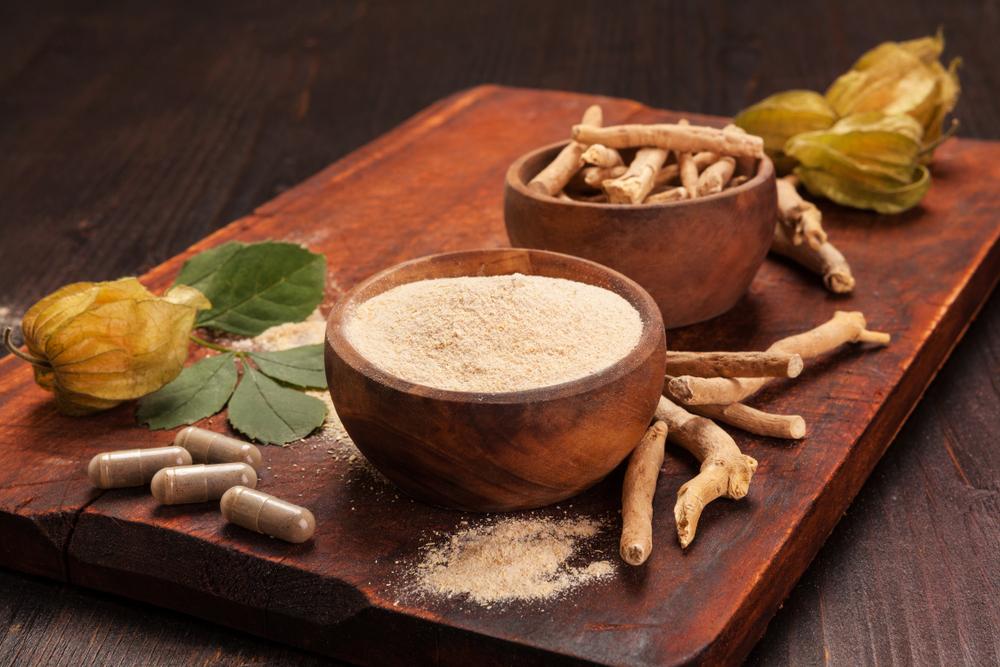Ashwagandha (Withania somnifera) is a powerful adaptogenic herb, which means it helps your body adapt to stress1 by balancing your immune system, metabolism and hormonal systems. It is known as a multipurpose herb and was used in ancient Ayurvedic and Chinese medicine.2 The plant is native to India and a member of the Solanaceae family, along with eggplant and tomato.3
A 2020 study tested ashwagandha for its ability to promote sleep. Based on the results, the researchers believe the herb could be an alternative treatment for insomnia.4 They gathered 80 participants, 40 of whom were healthy individuals without a sleep disorder and 40 who had a known diagnosis of insomnia.






